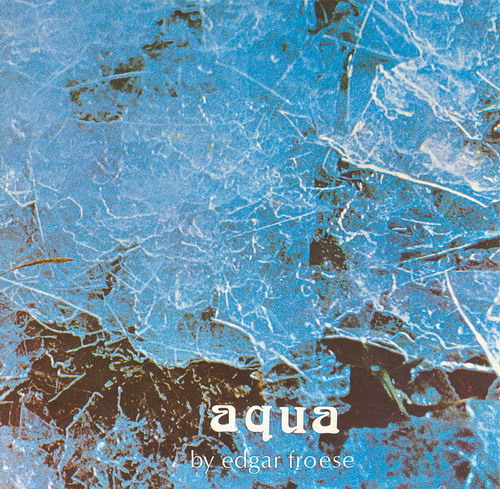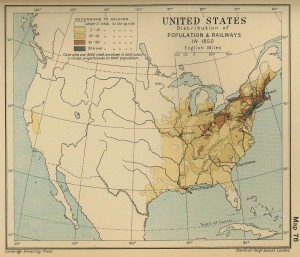
It’s one thing to say, “It’s not a bad drive, all considering,” or to actually mean it when you boast, “It’s usually less than an hour each way,” such have we arranged our difficulties that status, relative isolation, and even our means of transport characterize self-worth as much as taste or wit. And this is self-perception, generated through the lens of the times in which we live. Over a barrel, sacrifice of one’s happiness can go all but unnoticed such that alternatives can never be considered, much less under the motivation of broader, planetary considerations. It’s just not possible for many to think about doing something different because of carbon emissions or global warming. For better or worse, it has to be personal:
The majority of mortals, Paulinus, complain bitterly of the spitefulness of Nature, because we are born for a brief span of life, because even this space that has been granted to us rushes by so speedily and so swiftly that all save a very few find life at an end just when they are getting ready to live. Nor is it merely the common herd and the unthinking crowd that bemoan what is, as men deem it, an universal ill; the same feeling has called forth complaint also from men who were famous. It was this that made the greatest of physicians exclaim that “life is short, art is long;” it was this that led Aristotle, while expostulating with Nature, to enter an indictment most unbecoming to a wise man—that, in point of age, she has shown such favour to animals that they drag out five or ten lifetimes, but that a much shorter limit is fixed for man, though he is born for so many and such great achievements. It is not that we have a short space of time, but that we waste much of it. Life is long enough, and it has been given in sufficiently generous measure to allow the accomplishment of the very greatest things if the whole of it is well invested. But when it is squandered in luxury and carelessness, when it is devoted to no good end, forced at last by the ultimate necessity we perceive that it has passed away before we were aware that it was passing. So it is—the life we receive is not short, but we make it so, nor do we have any lack of it, but are wasteful of it. Just as great and princely wealth is scattered in a moment when it comes into the hands of a bad owner, while wealth however limited, if it is entrusted to a good guardian, increases by use, so our life is amply long for him who orders it properly.
Emphasis added to words from Seneca, from a wonderful book he wrote in A.D. 49 after being recalled from exile on Corsica. It’s full of useful reminders, if not insights, on the very personal level of you. I’m not telling you to slow down or live closer to work. We should believe that we’re not going to change our behavior on the basis of anything external, but also that doing so for ourselves can bring a multiplicity of benefits.





